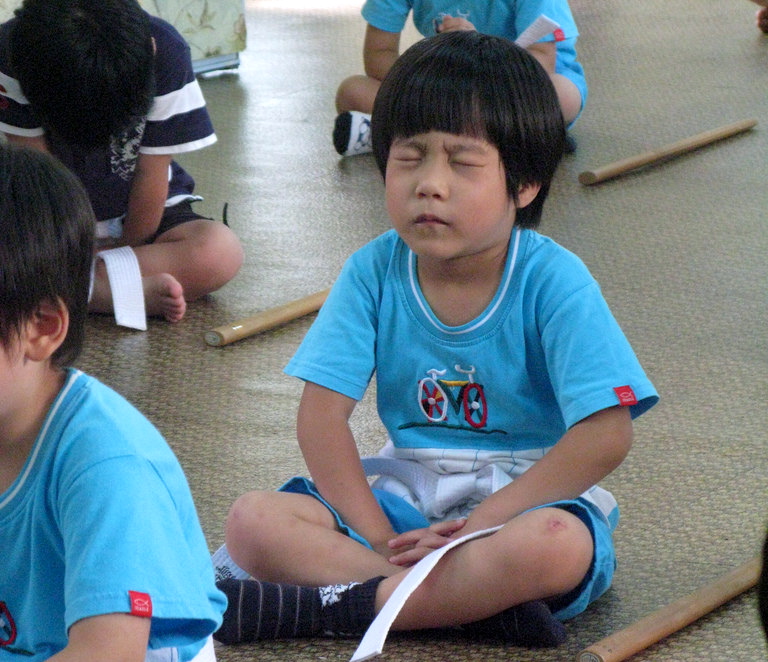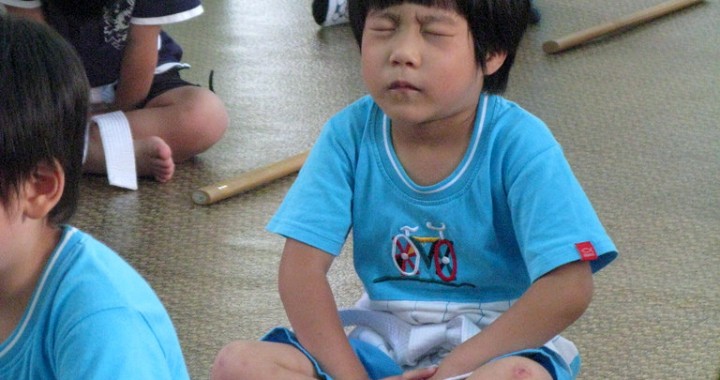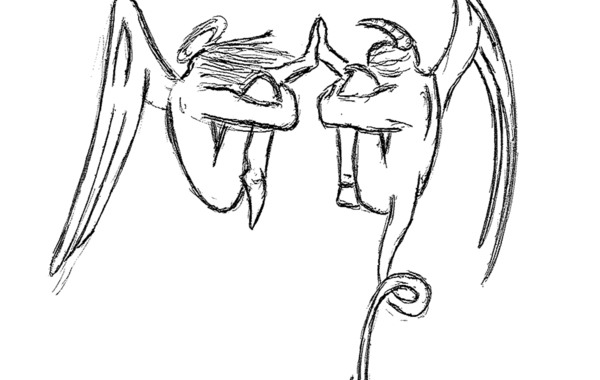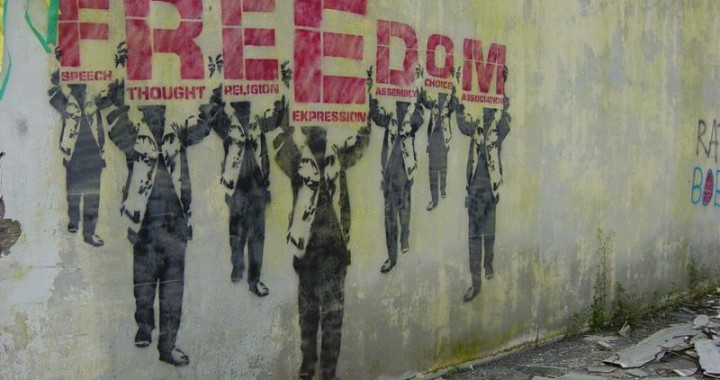 The holidays are fast approaching, and many of us are heading home to spend time with family. For some, this means confronting challenging political views and challenging interpersonal dynamics. As far as mindfulness is concerned, these are the moments where the rubber meets the road!
The holidays are fast approaching, and many of us are heading home to spend time with family. For some, this means confronting challenging political views and challenging interpersonal dynamics. As far as mindfulness is concerned, these are the moments where the rubber meets the road!
If you’re anxious about holiday family time, here are six tips to keep your mindfulness and compassion alive:
- Schedule time to connect with friends. Though you may be across the country from your social circle or romantic partner, a few well-placed phone calls can provide a much needed dose of connection and co-regulation. Let it be a good 20 minutes, and be present for it—find a quiet place, lie down, and soak in the connection. No need to complain about Uncle Bob’s misogynistic comments—you can talk about anything! A large part of the psychological benefit that comes from connection comes regardless of the content being exchanged.




 Insight emerging today about the way concentration works: It feels like concentration is more-or-less the ability to keep running the neural circuit that’s running.
Insight emerging today about the way concentration works: It feels like concentration is more-or-less the ability to keep running the neural circuit that’s running.
 As humans, we are evolutionarily wired to avoid what is uncomfortable or unknown. Mindfulness is counterintuitive in that it trains us to turn toward discomfort, allowing it to be just as it is (
As humans, we are evolutionarily wired to avoid what is uncomfortable or unknown. Mindfulness is counterintuitive in that it trains us to turn toward discomfort, allowing it to be just as it is (
 To me, “freedom” is a particularly useful word to describe the long-term goal of mindfulness practice. But what does that word really mean? To keep “freedom” tangible and relevant, I like to move through my life asking, “how am I NOT free in this moment?” Often the answer is surprising. As an illustration, consider the example of hearing the unintentionally harsh words of a friend…
To me, “freedom” is a particularly useful word to describe the long-term goal of mindfulness practice. But what does that word really mean? To keep “freedom” tangible and relevant, I like to move through my life asking, “how am I NOT free in this moment?” Often the answer is surprising. As an illustration, consider the example of hearing the unintentionally harsh words of a friend…